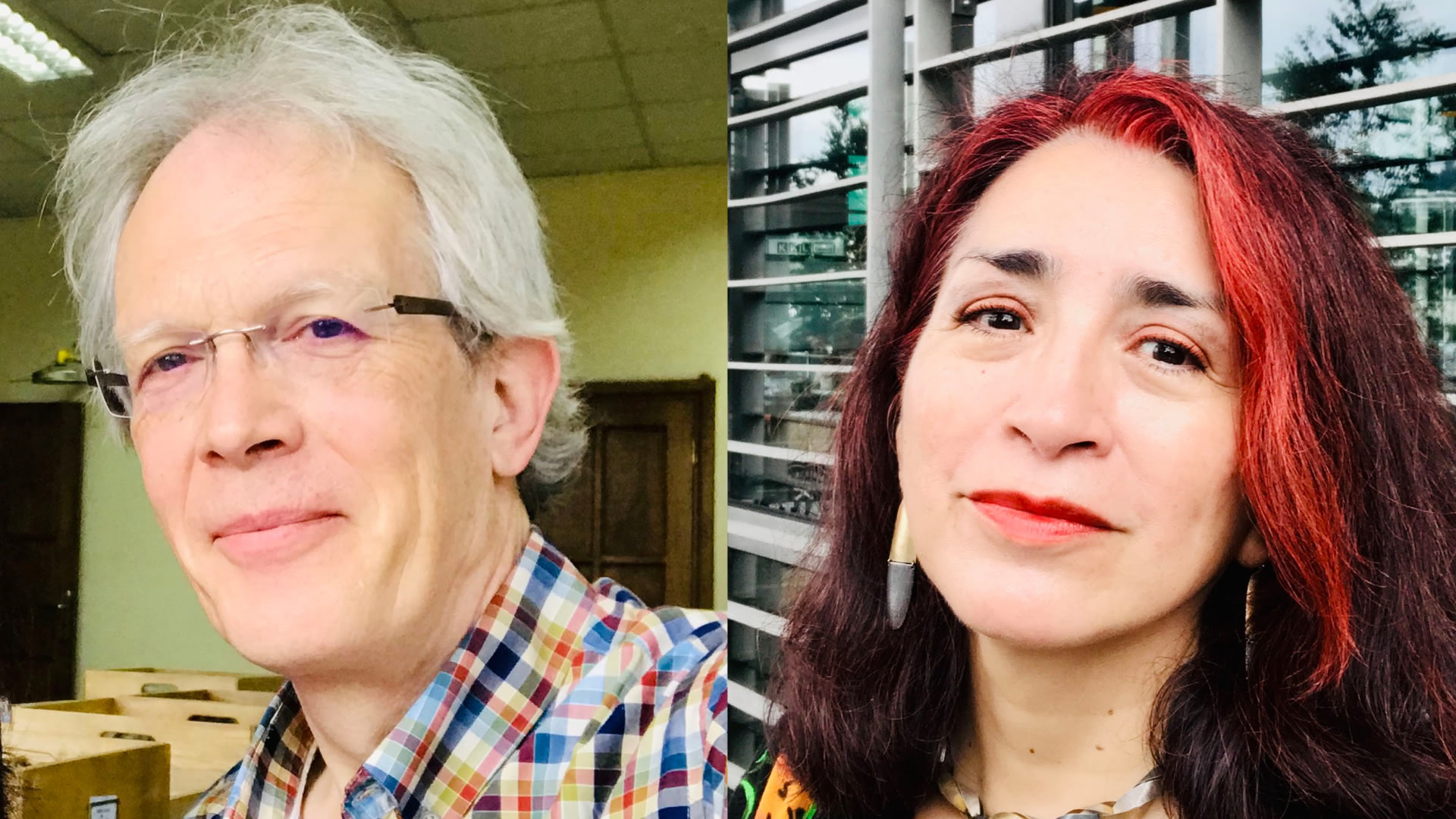Navigation auf uzh.ch
Navigation auf uzh.ch
Christopher P.E. Zollikofer and Marcia Ponce de León, former researchers at the Department of Informatics, have been studying with their team the evolution of humans for years. The latest study has just been published by «Nature». Congratulations!

An international team of researchers from the University of Zurich, the European Synchrotron Radiation Facility (Grenoble), and the Georgian National Museum used advanced imaging techniques to analyze the dental microstructure of an 1.77 million-year-old fossil of early Homo from Georgia.

Like in modern humans, the children of our small-brained ancient relatives used their milk teeth for longer than great apes, suggesting a prolonged childhood in which children were dependent on adults for longer, and had more time to acquire cultural knowledge from older group members. The new evidence overturns the old theory that childhood evolved because of our large brains. It now appears that our larger brains evolved because of an extended childhood.
Marcia Ponce de León and Christopher Zollikofer worked as research associates in the Visualization and MultiMedia Lab, now headed by Renato Pajarola.
Christoph P.E. Zollikofer, Vincent Beyrand, David Lordkipanidze, Paul Tafforeau, Marcia S. Ponce de León. Dental evidence for extended growth in early Homo from Dmanisi. Nature. 13 November 2024
Audio SRF Kultur Wissenschaftsmagazin 25.11.2024
«Warum wir Menschen so lang Kinder sind» (0:38-6:37)